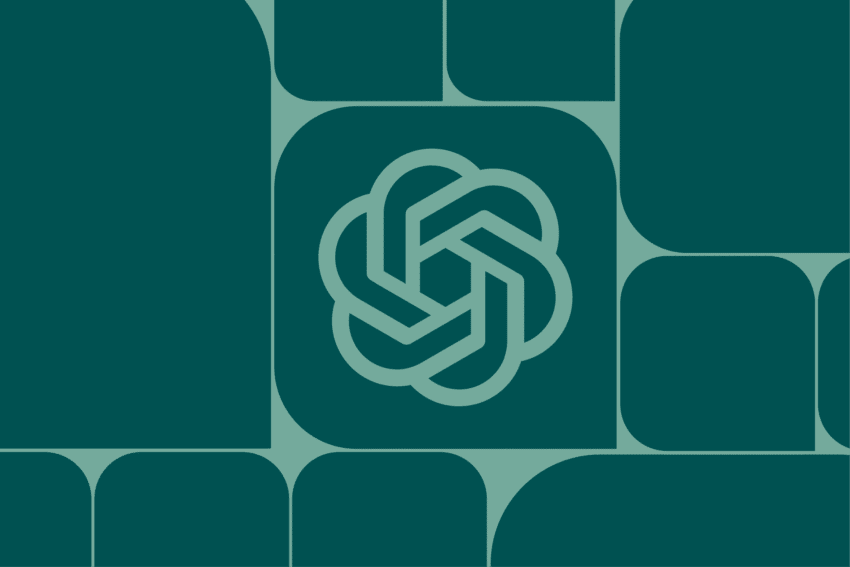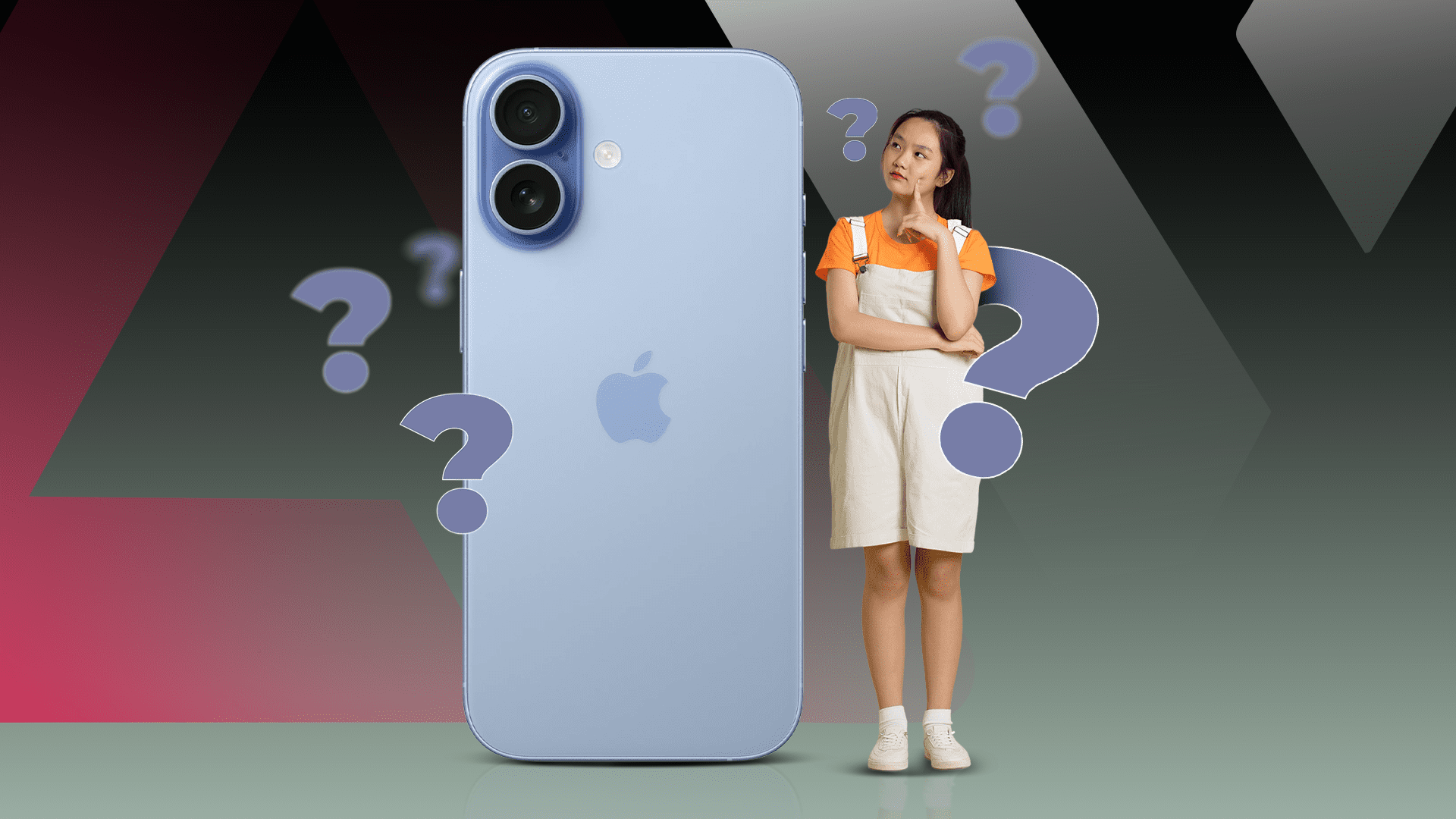
openai s parental controls are out – OpenAI has rolled out some long-awaited parental controls for ChatGPT to all web users, with mobile coming “soon,” according to the company.
openai s parental controls are out –
Overview of Parental Controls
OpenAI’s recent announcement regarding parental controls for ChatGPT marks a significant step in addressing concerns about the safety of minors using AI technologies. These controls, which were first hinted at in August, are now available to all web users, with mobile functionality expected to follow shortly. The rollout comes in the wake of heightened scrutiny over the potential risks associated with AI chatbots, particularly for younger audiences.
Key Features of the Parental Controls
The newly introduced parental controls allow parents to manage various aspects of their teen’s interaction with ChatGPT. Here are the primary features available:
- Reduce Sensitive Content: Parents can activate settings to limit exposure to graphic content, sexual or romantic roleplay, violent themes, and extreme beauty ideals. This setting is automatically enabled for teen accounts linked to a parent’s account.
- Turn Off ChatGPT’s Memory: By disabling memory, parents can ensure that ChatGPT does not retain past conversations. This feature aims to enhance safety by preventing the AI from offering potentially harmful advice based on previous interactions.
- Control Model Training: Parents can choose whether their teen’s chat history can be used to improve OpenAI’s models. This option gives parents more control over their child’s data and privacy.
- Quiet Hours: Parents can set specific times when their teen will not have access to ChatGPT, allowing for better management of screen time and online interactions.
- Turn Off Voice Mode: This feature restricts interactions to text only, which may help reduce the risks associated with voice interactions.
- Disable Image Generation: Parents can prevent their teens from creating or editing images using ChatGPT, which can mitigate exposure to inappropriate visual content.
- Notification Preferences: Parents can opt to receive alerts via email, SMS, or push notifications if something concerning occurs during their teen’s interactions with ChatGPT, or they can choose to opt out of notifications altogether.
Account Linking and Privacy Considerations
To utilize these parental controls, parents must create their own accounts and link them to their teen’s accounts. Teens have the option to opt in by either inviting a parent to link their account or accepting an invitation from a parent. Importantly, teens can disconnect their accounts from their parents at any time, although parents will be notified if this occurs. This approach aims to balance parental oversight with the privacy of the teen’s conversations.
OpenAI has made it clear that parents will not have direct access to their teen’s conversations, even with a linked account. The only exception to this rule is in rare cases where the system detects potential signs of a serious safety risk. In such instances, parents may receive limited information necessary to support their teen’s safety. This policy reflects OpenAI’s commitment to maintaining user privacy while also addressing safety concerns.
Background and Context
The introduction of these parental controls comes at a crucial time for OpenAI, particularly following the tragic death of 16-year-old Adam Raine. Raine’s death, which occurred after he had been confiding in ChatGPT, raised significant alarm about the potential dangers of AI chatbots for vulnerable users. In the wake of this incident, OpenAI faced a lawsuit and was called to testify during a Senate panel discussing the implications of AI technologies on minors. Parents of other teens who have experienced similar tragedies also voiced their concerns during these discussions.
OpenAI’s Response to Criticism
In response to the growing criticism, OpenAI CEO Sam Altman emphasized the company’s commitment to balancing safety, privacy, and freedom for young users. He acknowledged the need for an age-prediction system that could estimate a user’s age based on their interactions with ChatGPT. This system aims to provide a more tailored experience while ensuring that safety measures are in place.
Matthew Raine, Adam’s father, expressed his anguish during the Senate panel, stating, “As parents, you cannot imagine what it’s like to read a conversation with a chatbot that groomed your child to take his own life.” Raine’s testimony highlighted the potential dangers of AI systems that can evolve from being simple tools to becoming confidants for vulnerable individuals. He criticized OpenAI’s previous safety protocols, particularly a statement made by Altman that suggested deploying AI systems to gather feedback while the stakes were low.
Implications of Parental Controls
The rollout of parental controls is a significant development in the ongoing conversation about the ethical use of AI technologies, particularly concerning minors. While these controls offer parents tools to manage their teen’s interactions with ChatGPT, they also raise questions about the broader implications of AI in society.
Balancing Safety and Freedom
One of the primary challenges OpenAI faces is balancing the need for safety with the desire for freedom in how teens interact with AI. The parental controls aim to provide a framework for safety without overly restricting the capabilities of the chatbot. However, critics argue that the effectiveness of these controls will depend on how well they are implemented and whether they can adapt to the evolving nature of AI interactions.
Stakeholder Reactions
Reactions to the introduction of parental controls have been mixed. Some parents and child safety advocates have welcomed the measures as a necessary step toward protecting minors in an increasingly digital world. They argue that, given the potential for AI to influence young minds, it is crucial to have safeguards in place.
On the other hand, some experts caution that parental controls alone may not be sufficient to address the complexities of AI interactions. They emphasize the need for ongoing education for both parents and teens about the risks and benefits of using AI technologies. Additionally, there are concerns that overly restrictive measures could stifle creativity and limit the educational potential of AI tools.
Future Developments
As OpenAI continues to refine its parental controls and explore additional safety features, the company is likely to face ongoing scrutiny from both the public and regulatory bodies. The recent discussions in the Senate highlight the importance of transparency and accountability in AI development, particularly when it comes to protecting vulnerable populations.
OpenAI’s commitment to enhancing safety features, such as the potential age-prediction system, indicates a proactive approach to addressing concerns. However, the effectiveness of these measures will ultimately depend on user feedback and the company’s ability to adapt to the rapidly changing landscape of AI technology.
Resources for Support
In light of the serious issues surrounding mental health and AI interactions, it is essential for individuals and families to have access to support resources. If you or someone you know is struggling with thoughts of self-harm or suicide, there are organizations available to help:
- Crisis Text Line: Text HOME to 741-741 from anywhere in the US, at any time, about any type of crisis.
- 988 Suicide & Crisis Lifeline: Call or text 988 (formerly known as the National Suicide Prevention Lifeline). The original phone number, 1-800-273-TALK (8255), is also available.
- The Trevor Project: Text START to 678-678 or call 1-866-488-7386 at any time to speak to a trained counselor.
- International Resources: The International Association for Suicide Prevention lists various suicide hotlines by country, and Befrienders Worldwide has a network of crisis helplines active in 48 countries.
As OpenAI navigates the complexities of AI technology and its impact on society, the introduction of parental controls represents a crucial step toward fostering a safer environment for young users. The ongoing dialogue surrounding these issues will likely shape the future of AI development and its role in our lives.
Source: Original report
Was this helpful?
Last Modified: September 29, 2025 at 7:36 pm
1 views















